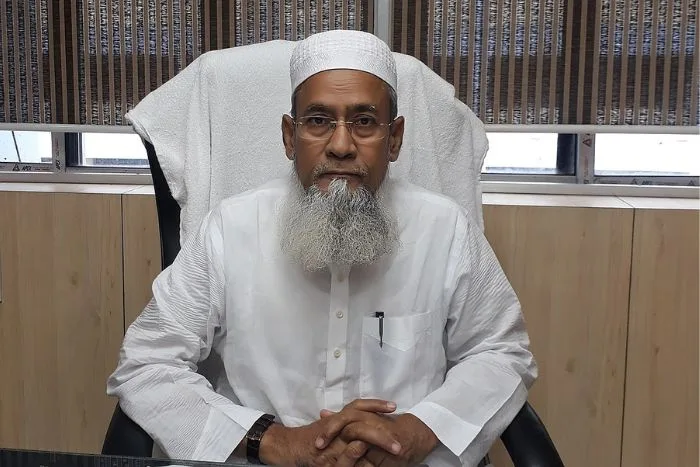Kolkata HC Expresses Concern Over Misuse of Dowry Laws

New Delhi: The Kolkata High Court has expressed concern over the misuse of dowry laws. The Kolkata High Court stated on Monday that some women have engaged in “legal terrorism” by misusing Section 498A of the Indian Penal Code (IPC). This provision was enacted with the intention of protecting women from cruelty and domestic violence by their husbands or family members.
The High Court made strong remarks while hearing petitions challenging the accusations filed by a person and his family against his estranged wife, who had already separated from them. The Court remarked, “Section 498A was introduced to eliminate the evil of dowry from society. However, it has been observed in many cases that this provision is being misused to spread a new form of legal terrorism. The definition of cruelty mentioned under Section 498A cannot solely be proven by the complaints of the aggrieved party.”
ALSO READ IT: Tooth Pain Troubles? Try These Quick and Safe Solutions
Based solely on the complaint of the woman
Considering that there was no evidence of wrongdoing against the person and his family based on medical records and statements of witnesses, the single bench of Justice Subhendu Samant of the Kolkata High Court dismissed the criminal proceedings initiated by the lower court on the basis of the woman’s complaint. The Court stated, “The direct allegations made by the complainant against the husband are only based on her statements. This has not been substantiated by any documents or medical evidence.” The Court said, “The law allows the complainant to file a criminal complaint, but it should be backed by solid evidence.”
If the husband and wife didn’t live together with the family from the beginning, then how?
The Court mentioned that the husband and wife were not living together with the family from the beginning but were residing separately. The allegations made in the complainant’s plea are baseless; no facts of any attack or abuse against the complainant have ever surfaced. Since the time of their marriage, the woman had never intended to live with her in-laws, resulting in the arrangement of a separate residence. The petitioner and her husband are currently living separately.”










